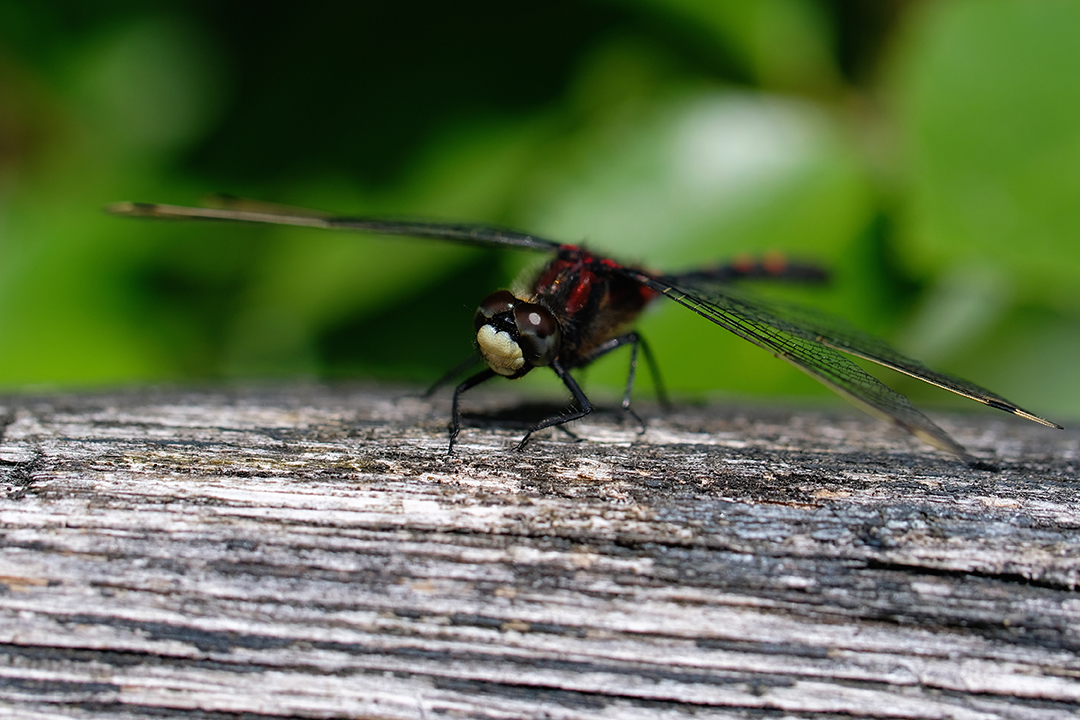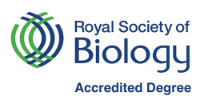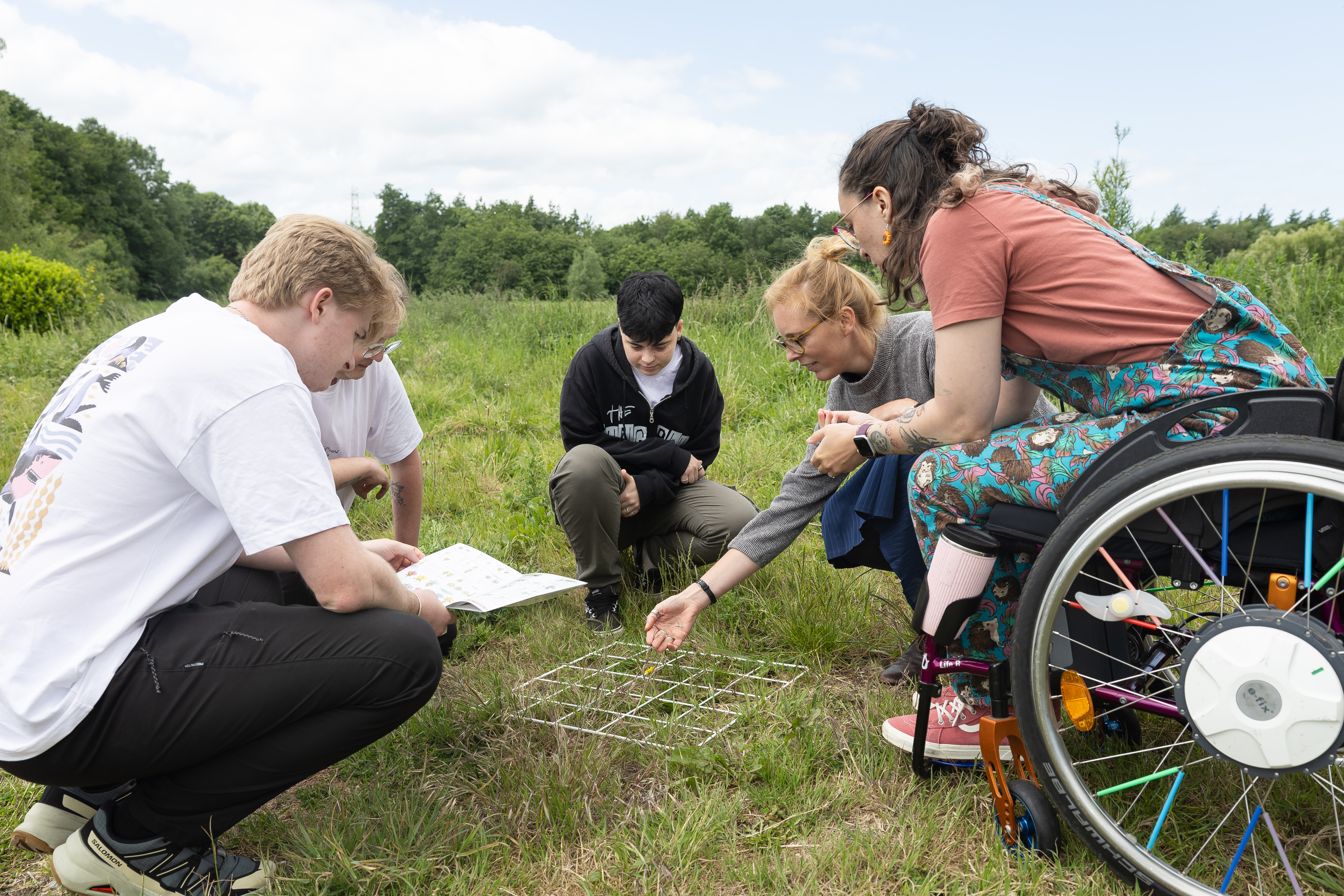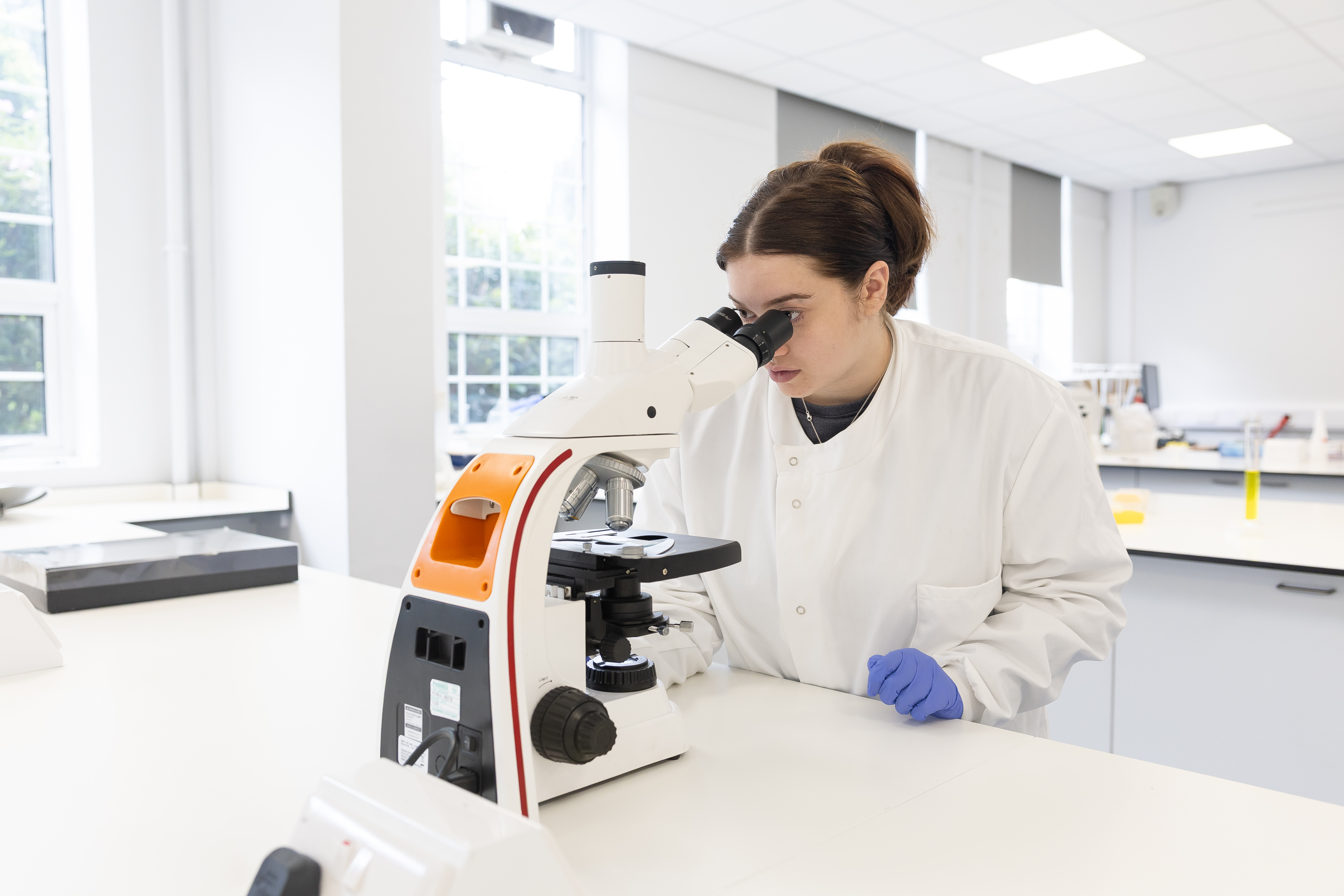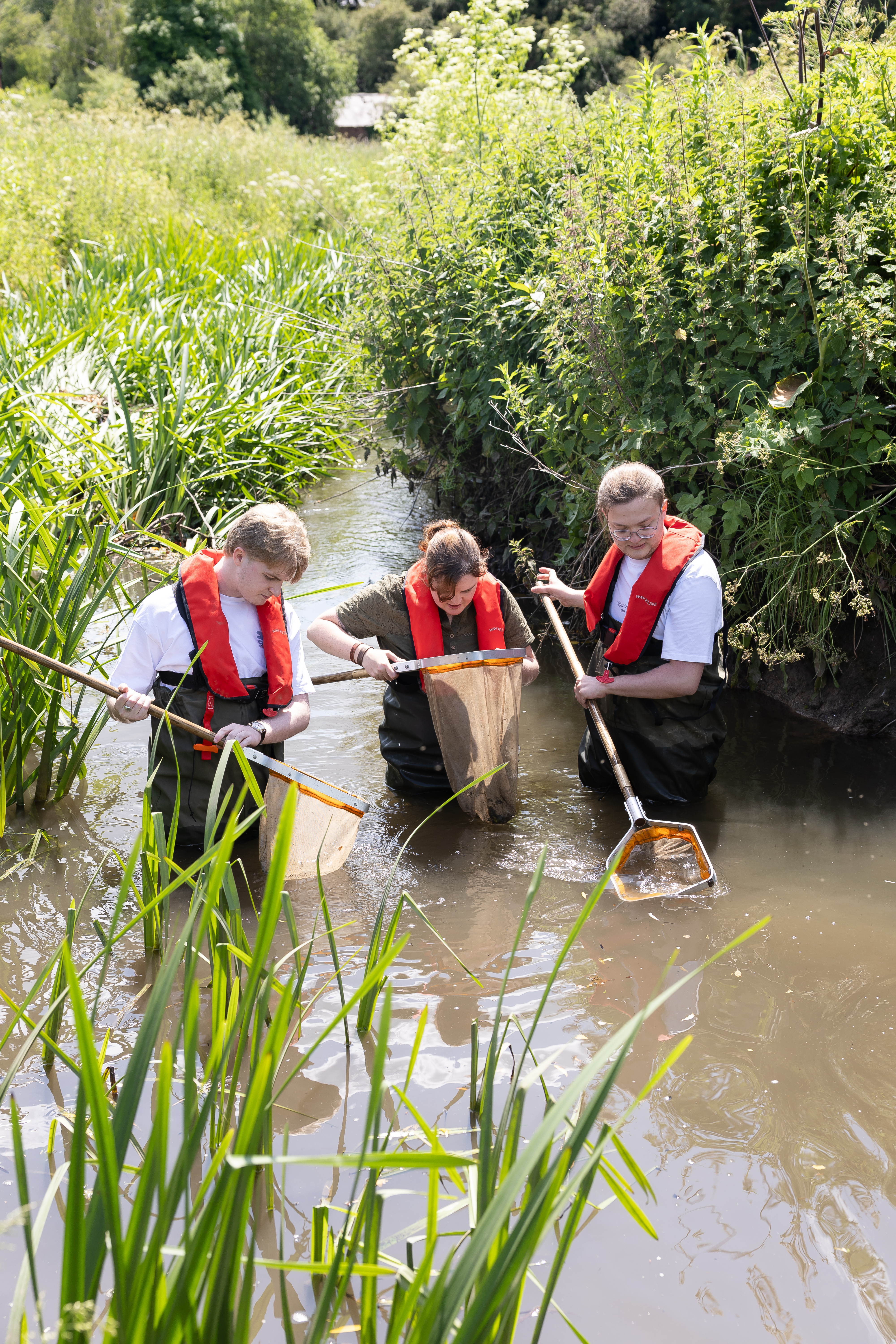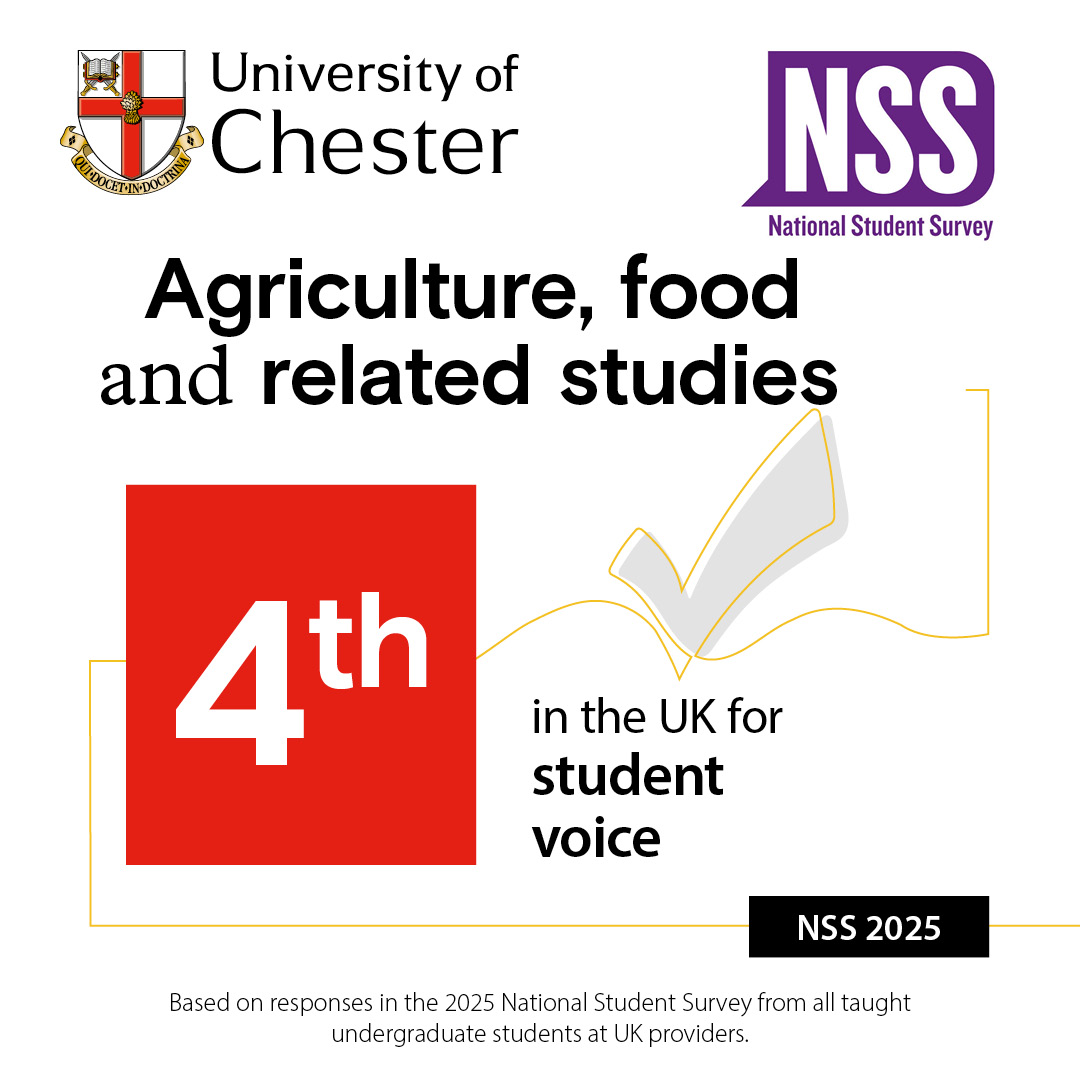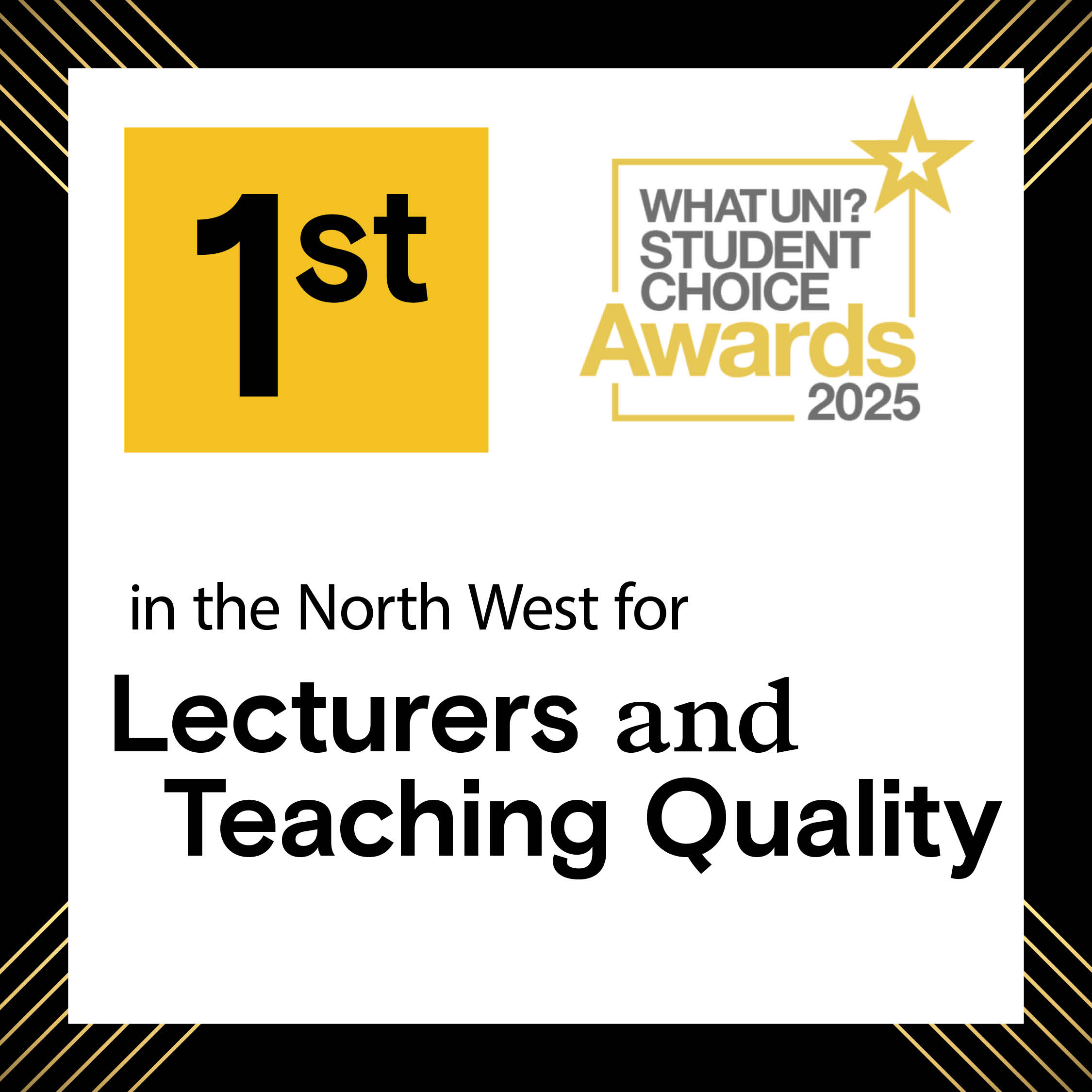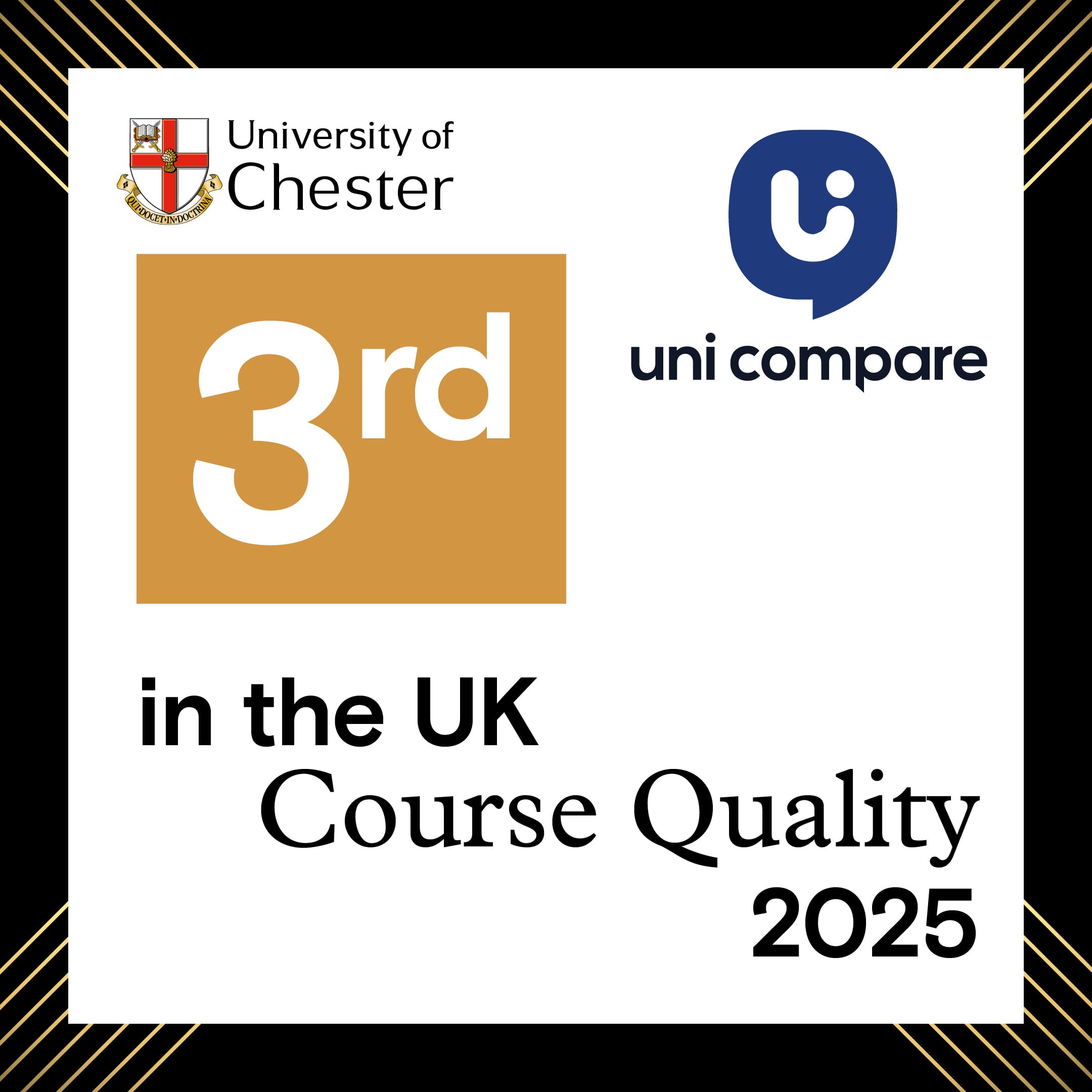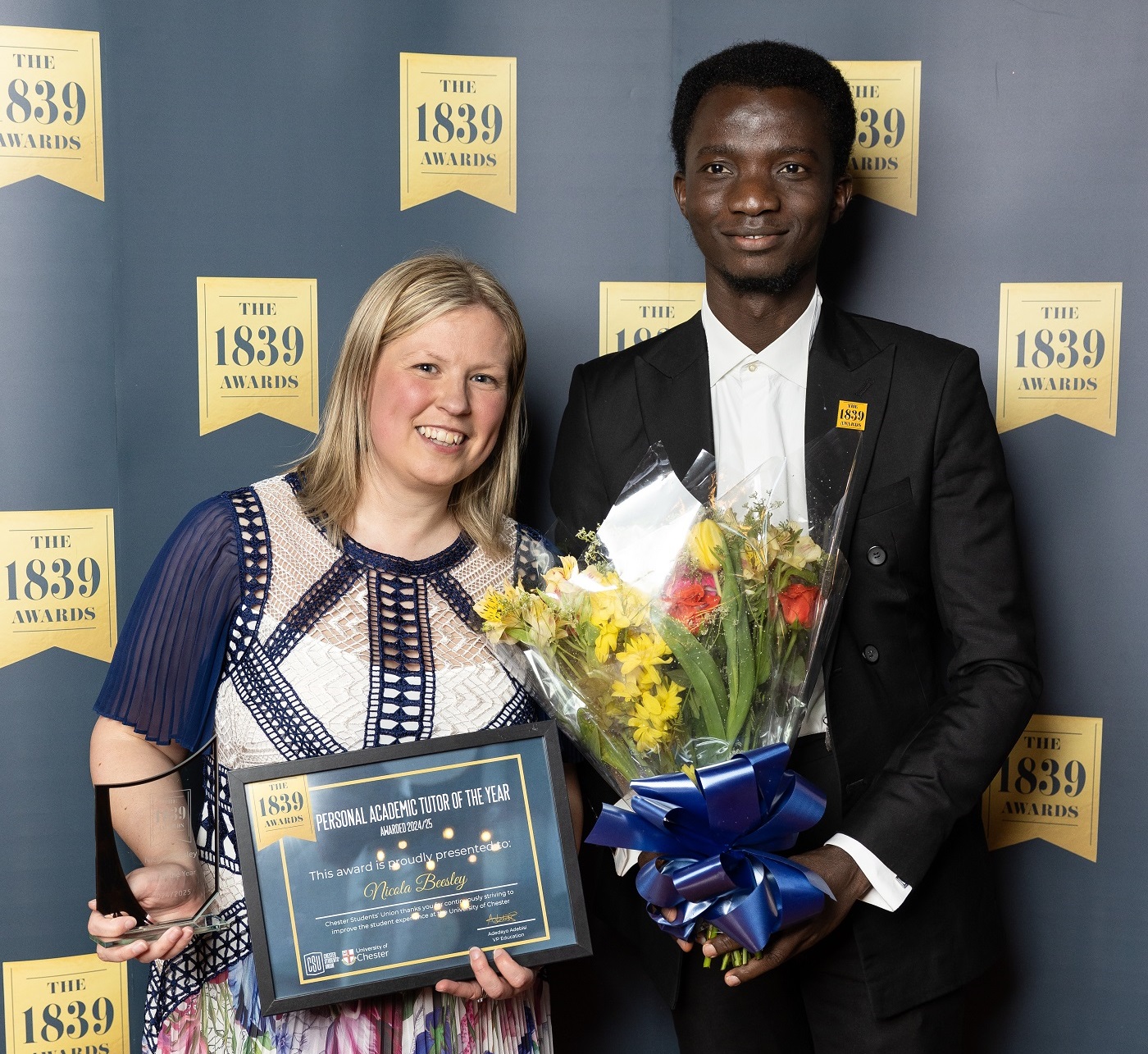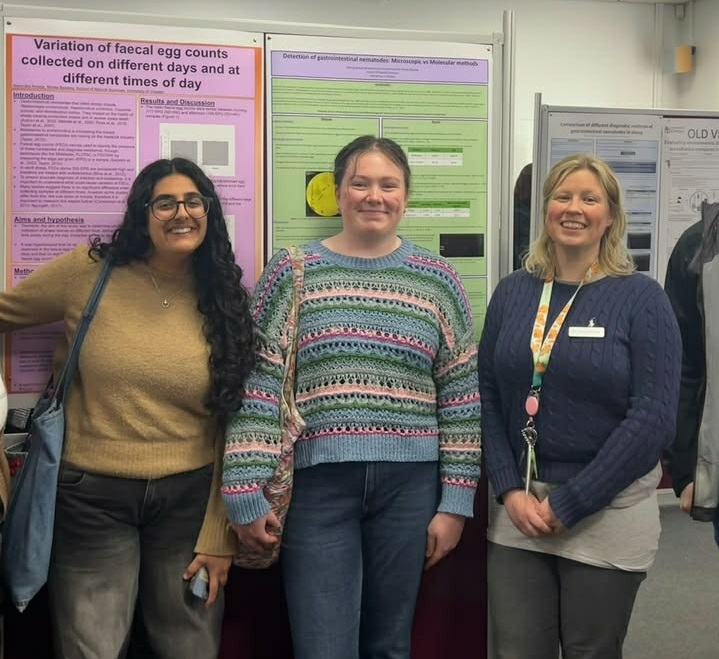112UCAS points
|
UCAS Tariff |
112 points |
|
GCE A Level |
Typical offer – BCC-BBC Must include A Level Biology, Chemistry or Applied Science |
|
BTEC |
BTEC Diploma (Applied Science, Animal Management): D*D* BTEC Extended Diploma (Applied Science or Animal Management): DMM |
|
International Baccalaureate |
26 points, including 5 in HL Biology or Chemistry |
|
Irish / Scottish Highers |
Irish Highers: H3 H3 H3 H3 H4, including H3 in either Biology, Chemistry Scottish Highers: BBBB including either Biology, Chemistry |
|
Access requirements |
Access to HE Diploma (Science), to include 45 credits at level 3, of which 30 must be at Merit or above |
|
T Level |
T Level Science - Merit |
|
OCR Cambridge Technicals |
OCR Extended Diploma (Applied Science): DMM |
|
Extra Information |
Welsh Baccalaureate Advanced and A level General Studies will be recognised in our offer. We will also consider a combination of A Levels and BTECs/OCRs. |
Students from countries outside the UK are expected to have entry qualifications roughly equivalent to UK A Level for undergraduate study and British Bachelor's degree (or equivalent) for postgraduate study. To help you to interpret these equivalents, please click on your country of residence to see the corresponding entry qualifications, along with information about your local representatives, events, information and contacts.
We accept a wide range of qualifications and consider all applications individually on merit. We may also consider appropriate work experience.
English Language Requirements
- IELTS Academic: Undergraduate: 6.0 (minimum 5.5 in each band)
- Postgraduate: 6.5 (minimum 5.5 in each band)
For more information on our entry requirements, please visit International Entry Requirements.
72UCAS points
|
UCAS Tariff |
72 points |
|
GCE A level |
72 points overall, including grade D in A level Biology or Chemistry |
|
BTEC |
BTEC Extended Diploma (Applied Science or Animal Managment): MMP |
|
International Baccalaureate |
24 points, including 4 in HL Biology or Chemistry |
|
Irish / Scottish Highers |
Irish Highers: H4 H4 H4 H4 H4, including Biology or Chemistry Scottish Highers: CCDD including Biology or Chemistry |
|
Access requirements |
Access to HE Diploma (Science) – Pass overall |
|
T Level |
T Level (Science): Pass (D or E on the core) |
|
OCR Cambridge Technicals |
OCR Extended Diploma (Applied Science): MMP |
|
Extra Information |
Welsh Baccalaureate Advanced and A level General Studies will be recognised in our offer. We will also consider a combination of A Levels and BTECs/OCRs. Zoology including a Foundation Year requires that you have studied A level Biology or Chemistry; BTEC Applied Science or Animal Management or acceptable alternatives. If you are a mature student (21 or over) and have been out of education for a while or do not have experience or qualifications at Level 3 (equivalent to A Levels), then our Foundation Year courses will help you to develop the skills and knowledge you will need to succeed in your chosen degree. |
